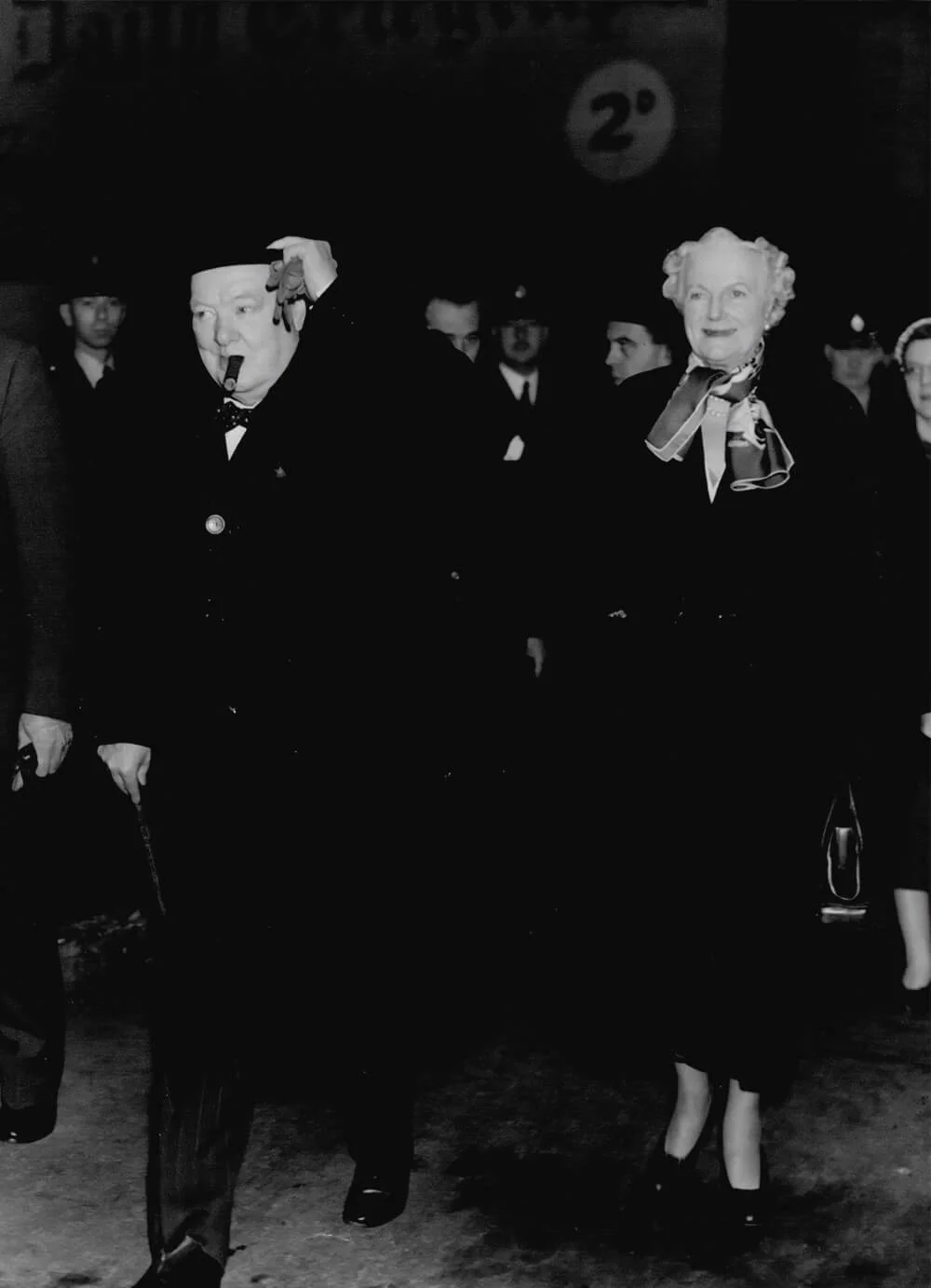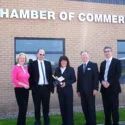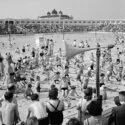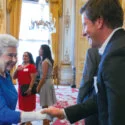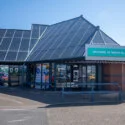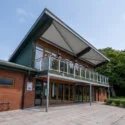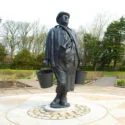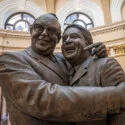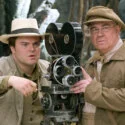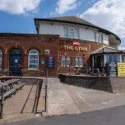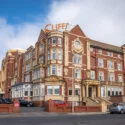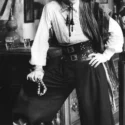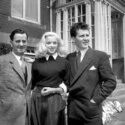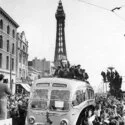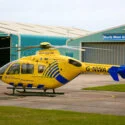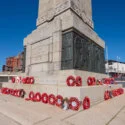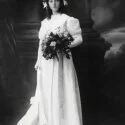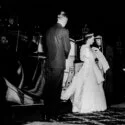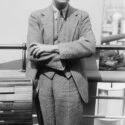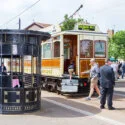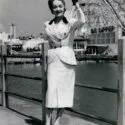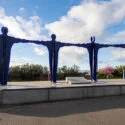The photo below shows Churchill Off to Party Conference in Blackpool – Sir Winston Churchill and Lady Churchill at Euston Station before their departure for the conference.
On the morning of Saturday, 8 October 1954, Sir Winston Churchill boarded a train at Euston Station bound for Blackpool to attend the 74th Annual Conservative Party Conference. This occasion was a significant milestone in British political history, as it marked Churchill’s final speech as both Conservative Party leader and Prime Minister. In his address to the rally, Churchill reflected on the accomplishments of his government. Domestically, these included the maintenance of high employment levels and the dismantling of many wartime regulations, achievements which he proudly highlighted as contributions to post-war recovery and prosperity. Churchill also looked forward, outlining his vision for the continued improvement of British society under Conservative leadership.
On the international stage, Churchill emphasised the critical importance of unity among Western allies. He referenced the recent Nine Powers London Conference, a pivotal gathering where Western nations sought to integrate West Germany into the European framework following the collapse of the European Defence Community plan. Churchill underscored the need for reconciliation and cooperation to secure peace and stability in Europe. Furthermore, Churchill addressed the broader geopolitical landscape, stressing the indispensable role of the United States in countering the Soviet threat. He stated that without American support, the entirety of Europe risked falling under Soviet domination, a stark reminder of the Cold War tensions that defined the era.
Churchill’s speech was not only a reflection on his tenure but also a rallying call for the Conservative Party and the nation. It combined his characteristic eloquence with a pragmatic appraisal of Britain’s position in a rapidly changing world. His departure from the role of leader and Prime Minister marked the end of an era, but his words at Blackpool resonated as a testament to his enduring vision for Britain and its place on the global stage.
